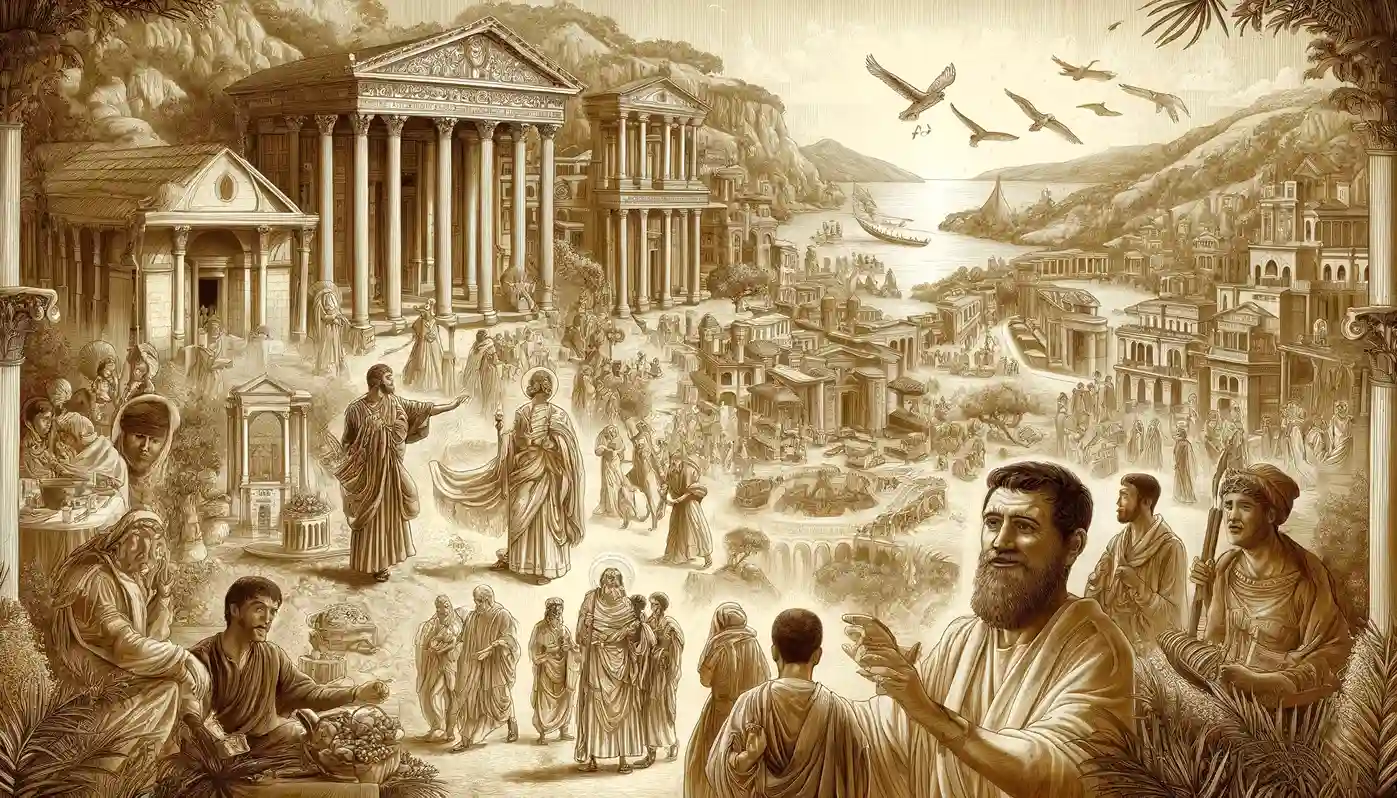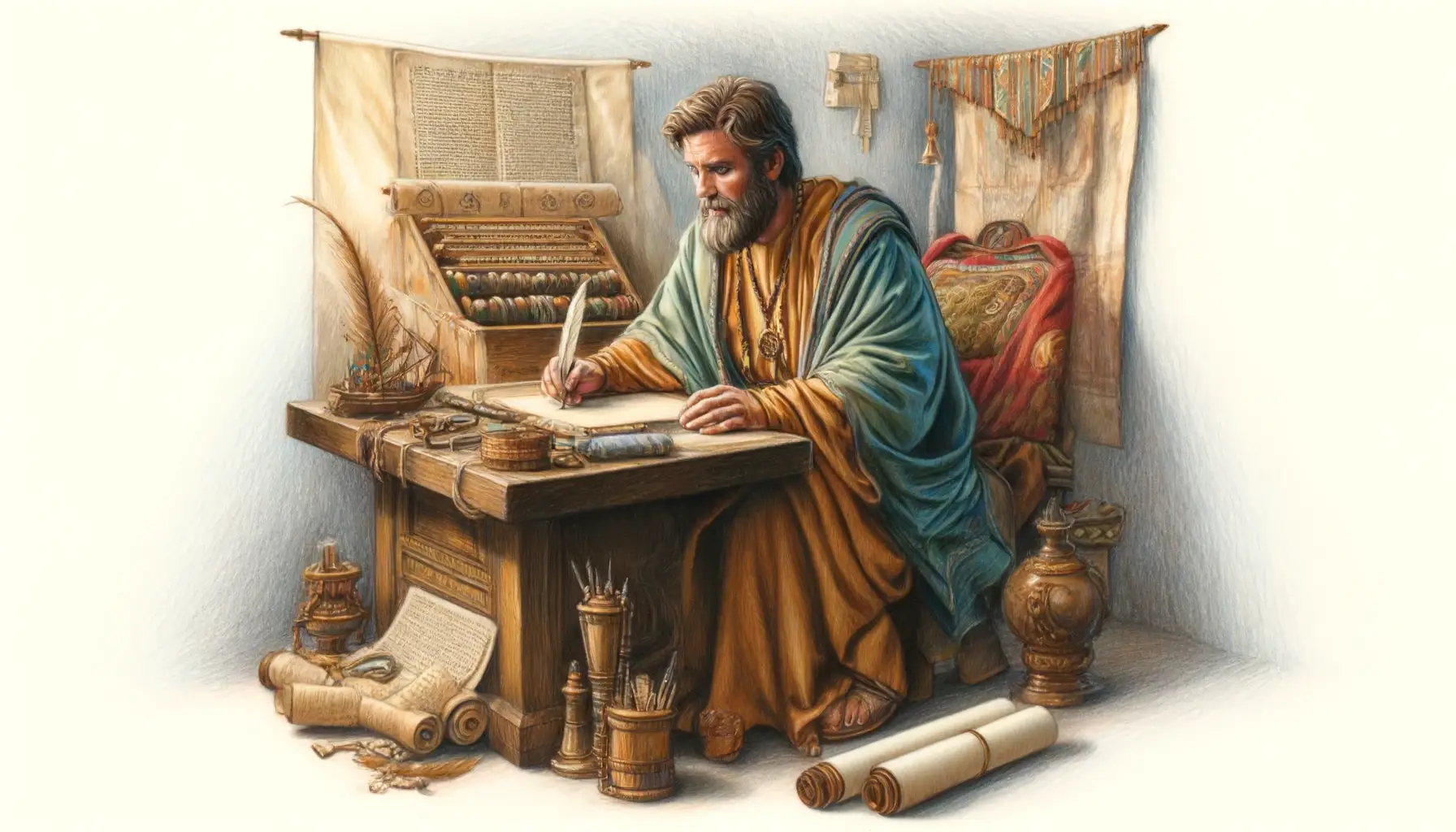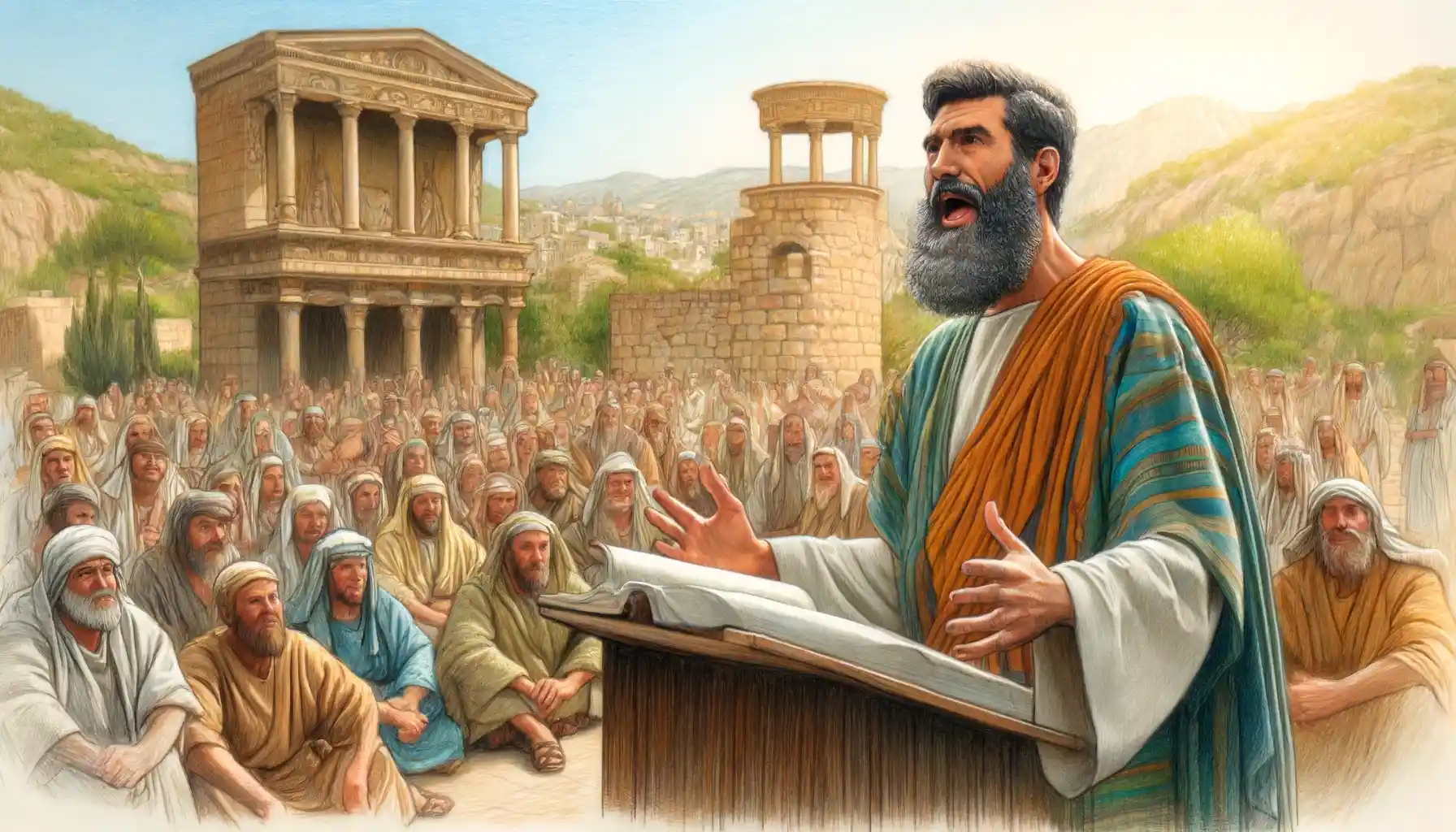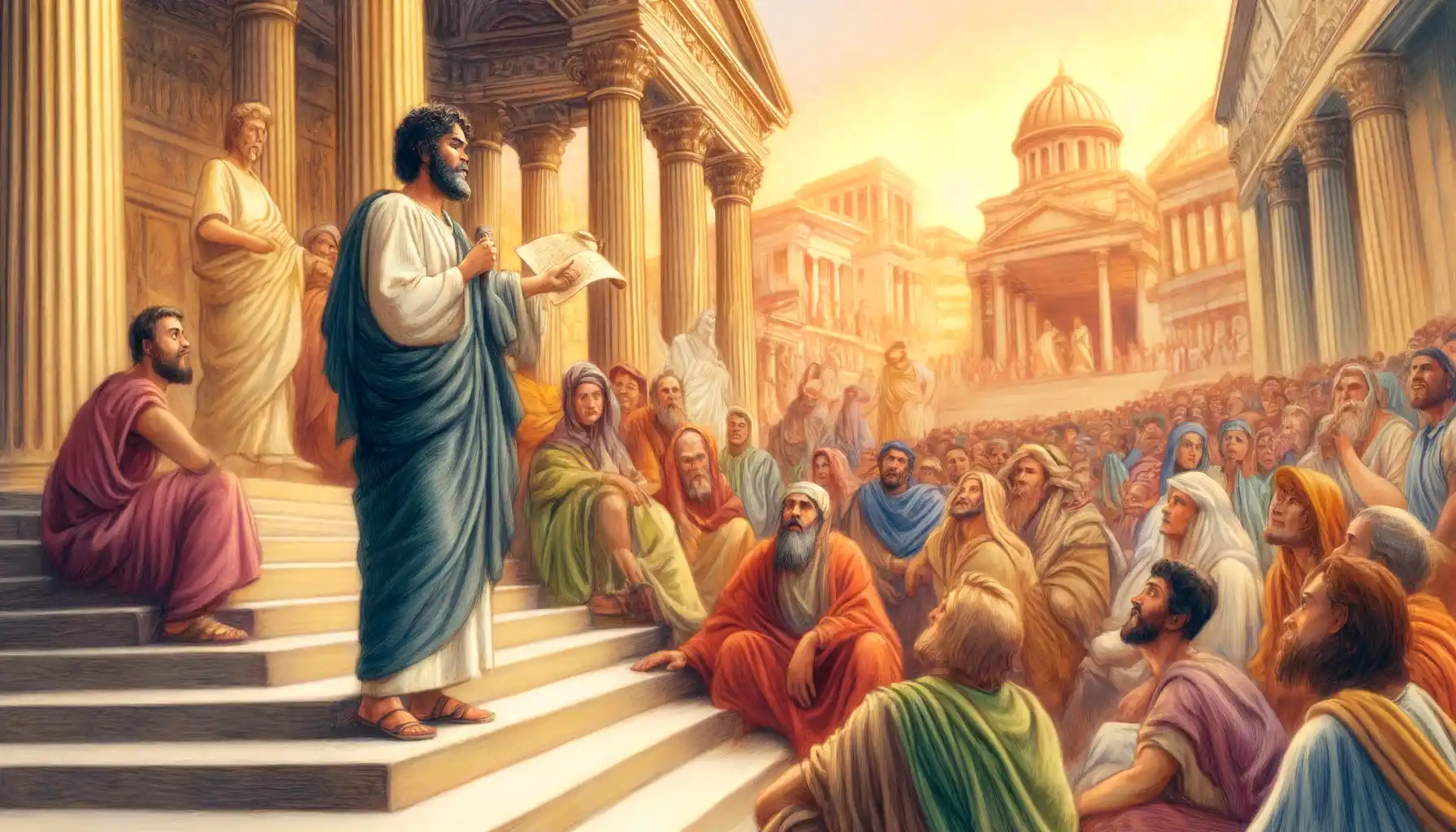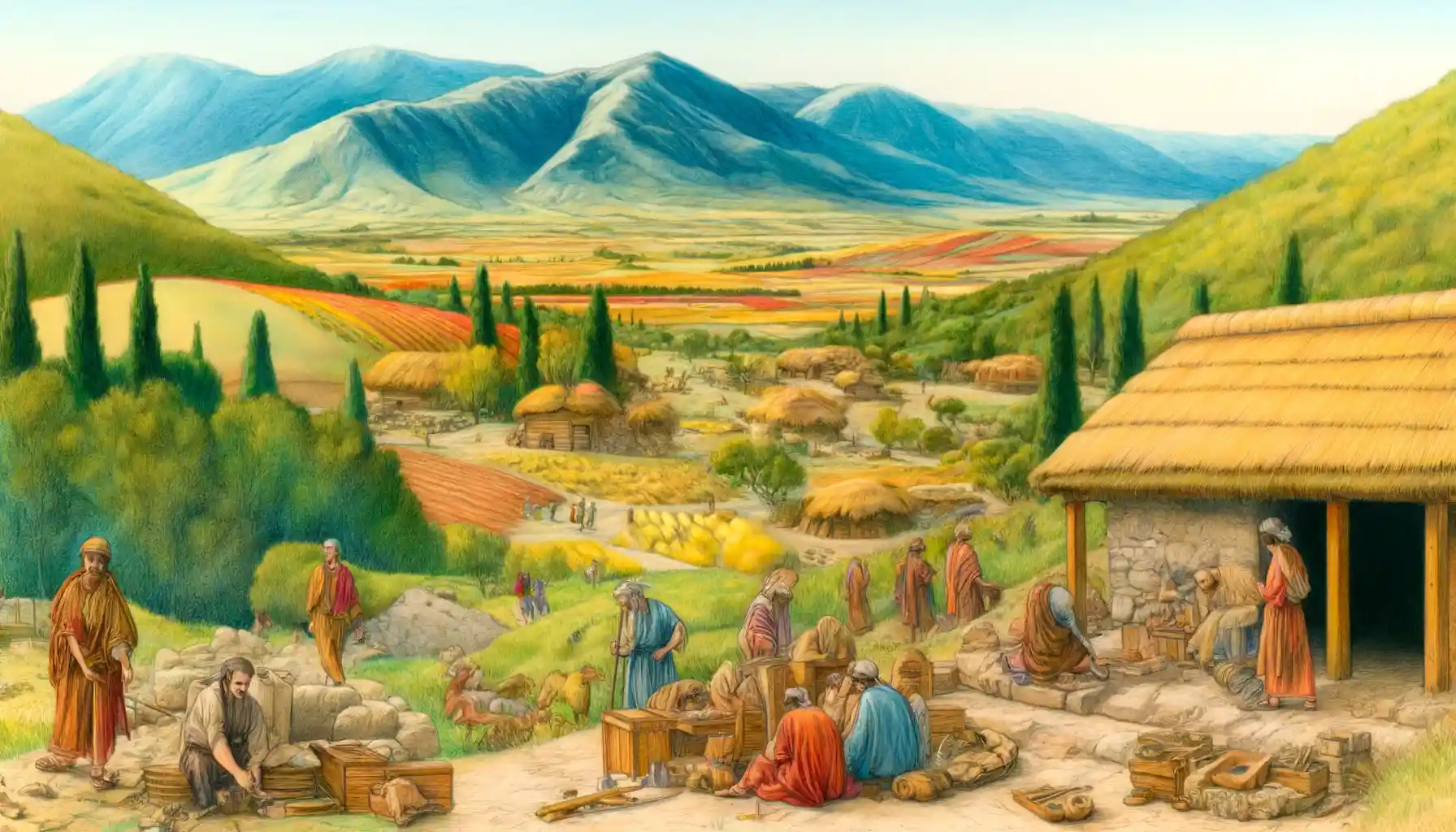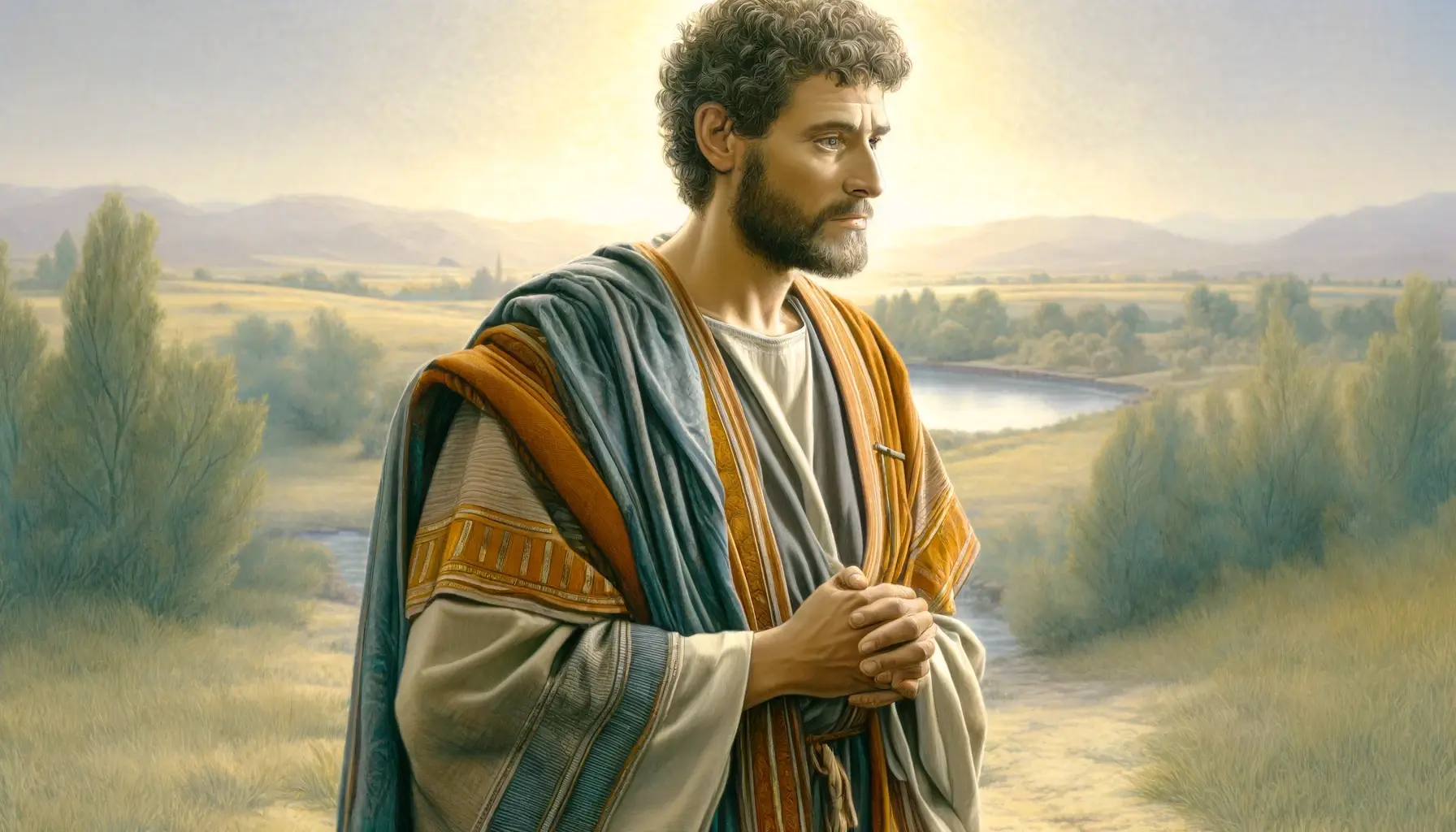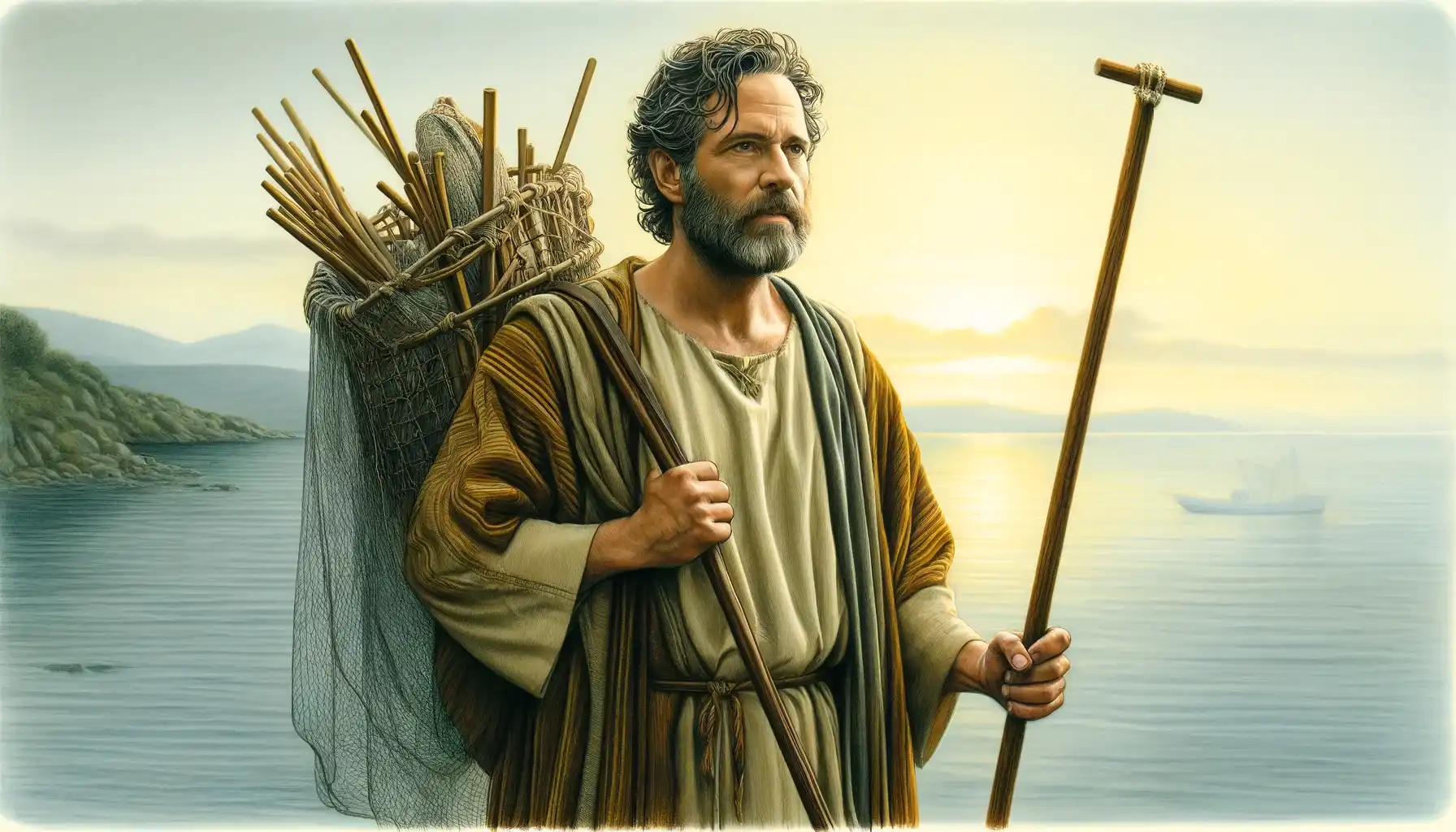Paul’s missionary journeys, spanning from Antioch to cities like Ephesus, Philippi, Athens, and Corinth, were pivotal in the spread of Christianity, marked by his dedication to preaching the Gospel, performing miracles, and establishing strong early Christian communities despite numerous challenges and opposition.
Antioch, known as the “Cradle of Christianity,” was a pivotal city in early Christian history, serving as the first place where believers were called Christians, the launching point for Paul’s missionary journeys, and a key center for the inclusion of Gentiles in the faith, significantly shaping the spread and theological foundations of early Christianity.
Timothy, a close companion and disciple of Paul, played a crucial role in early Christian church leadership and received two epistles from Paul that provided guidance on doctrine, church organization, and personal conduct.
Mark, also known as John Mark, was a companion of Paul and Barnabas and is traditionally believed to be the author of the Gospel of Mark, playing a crucial role in the early Christian movement and the spread of the Gospel.
Barnabas’s role as an encourager, a bridge-builder between Jewish and Gentile Christians, and a pioneering missionary alongside Paul, underscores his critical contributions to the spread and establishment of early Christianity.
Paul, originally known as Saul of Tarsus, was a major apostle to the Gentiles and a foundational figure in the establishment of Christianity, renowned for his dramatic conversion, extensive missionary journeys, and the authorship of many influential New Testament Epistles.
Galatia, an ancient region in modern-day Turkey, was historically significant for its early Christian communities established by Apostle Paul, who addressed them in his Epistle to the Galatians, emphasizing crucial theological concepts such as justification by faith and Christian liberty amidst cultural and doctrinal challenges.
Thaddaeus, also known as Judas son of James, is a less prominent but significant apostle in the New Testament, distinguished from Judas Iscariot and known for his questioning of Jesus about His revelations, extensive missionary journeys across regions including Judea, Samaria, and Syria.
Bartholomew, also known as Nathanael in the Gospel of John, is a biblical figure whose journey from skepticism to profound faith exemplifies the transformation experienced by those who encounter Jesus; recognized by Jesus as “an Israelite indeed, in whom there is no deceit,” Nathanael’s straightforwardness and integrity mark him as a disciple who is both honest in his doubts and sincere in his conversion. Following Jesus’ resurrection and ascension, he embarked on missionary journeys to diverse regions including India, Armenia, Ethiopia, and Southern Arabia, facing significant challenges but also contributing to the Christian tradition in these areas; his martyrdom, characterized by being flayed alive and then crucified, underscores his commitment to his faith and his willingness to endure immense suffering for his belief in the Gospel, with his legacy continuing in his veneration as a saint, celebrated on August 24th in the Western Church and June 11th in the Eastern Church, and revered as the patron saint of various professions and causes.
Andrew, one of the twelve apostles of Jesus, is a compelling figure in Christian history, embodying the zeal and humility of early Christian apostleship; his background as a fisherman and initial discipleship under John the Baptist set the stage for his recognition of Jesus as the Messiah, leading to significant acts such as introducing his brother Peter to Jesus and facilitating key events like the feeding of the 5000. His post-resurrection missionary journeys through areas around the Black Sea and modern Greece and Turkey, and his martyrdom on an X-shaped cross in Patras, underscore his devotion and commitment, while his veneration as the patron saint of Scotland, Russia, and Greece reflects the broad geographic impact of his evangelistic missions, continuing to inspire faith and devotion through his legacy of apostolic service and sacrifice.

